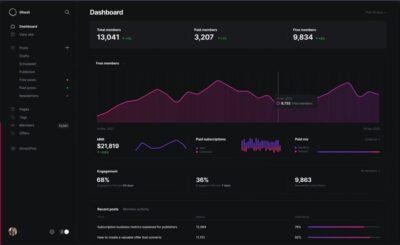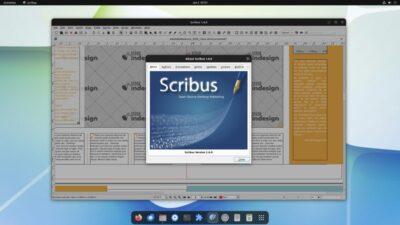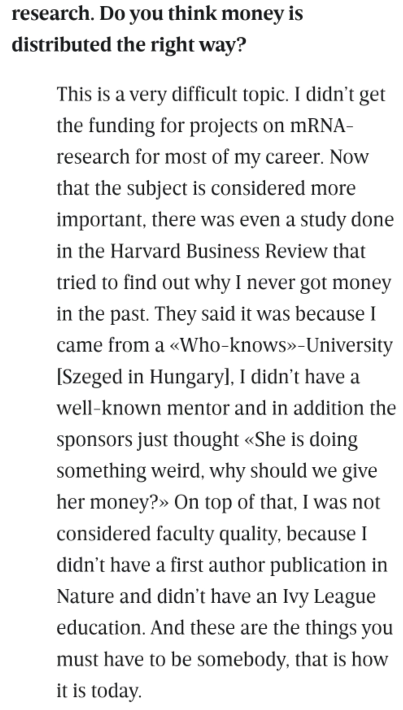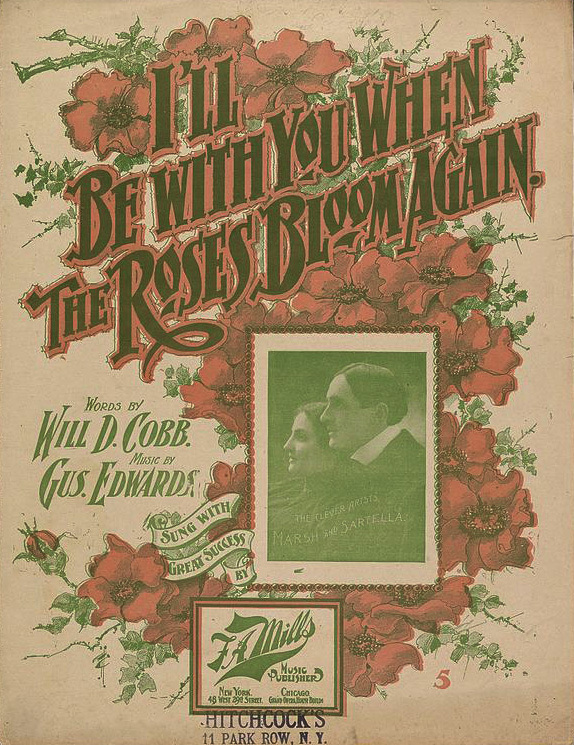Casey Newton’s Platformer is leaving Substack for Non-Profit Open-Source Ghost Publishing Platform

Ghost is a powerful app for professional publishers to create, share, and grow a business around their content. It comes with modern tools to build a website, publish content, send newsletters & offer paid subscriptions to members.
Publishers can deliver posts by email newsletter to their audience, so they’ll be in the loop whenever something new goes live. They can segment their audience and send multiple different newsletters based on preference. In others words you can have topics handled separately from each other for better focus.
Ghost makes it easy, with native signup forms that turn anonymous views into logged-in members. It allows people to sign up for free, or purchase a paid subscription to support a publisher’s work across monthly and yearly premium tiers.
Ghost’s main service is a paid service, this is how they keep the service sustainable and keep innovating the product. Many publishers also do not want to self-host as this also costs some money (hosting, fast CDN service unless you use Cloudflare, e-mail management, backups, updates) and some additional effort by the person self-hosting. I’m guessing too why they don’t offer free publishing is because then they follow the “Google” route of including intrusive adverts and 3rd party tracking (“free” has to be paid for by someone!).
However, you can self-host Ghost on your own server, computer, or Raspberry Pi to have full control over your production environment.
Ghost uses Strip as the payment partner for reader subscriptions so you’ll need to be sure you can access/withdraw funds from there if you want paying readers.
Ghost has provision for a wide array on integrations with services such as Zapier, Stripe, Discord, Slack, YouTube, X, PayPal, Mailchimp, Disqus, Google Cloud, LiveChat, Giphy, Twitch, SurveyMonkey, Amazon S3, Buffer, and many more.
See https://ghost.org/
#Blog, #opensource, #publishing, #technology
















